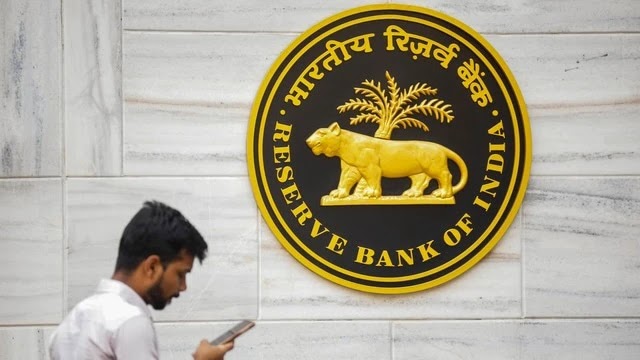Let us tell you that the objective of this step is to reduce the bad loans of banks.
what is the report
According to the report, this step is expected to provide relief to banks from non-performing loans (NPA). In India, a large portion of consumer electronics, such as mobile phones, are purchased on small personal loans. According to a 2024 study by Home Credit Finance, more than one-third of consumer electronics are purchased on installments. At the same time, the mobile market in India is very big. According to TRAI, there are more than 1.16 billion mobile connections in the country. In such a situation, if this proposal of RBI is implemented, it will not only protect the banks but will also increase the pressure on the customers to repay the loan on time.
What is RBI’s preparation?
According to media reports, it is reported that RBI is preparing to update its Fair Practices Code for banks and financial institutions in the coming few months. New guidelines related to phone-locking mechanisms will be included in this update. Let us tell you that last year, RBI had directed banks and financial institutions to immediately stop the practice of locking the mobile phones of customers who do not repay the loan. This method was already being adopted, in which when a customer purchased a mobile phone on installment, a special app was installed in the phone at the same time. Through this app, the bank or lender company got the right to remotely lock the phone if the customer does not make the payment on time.
What will be the new rule
According to the report, under the new rule it will be mandatory to take prior consent of the borrower before locking any phone. Banks and lenders will be strictly prohibited from accessing personal data from locked phones. According to the source, the objective of RBI is to ensure that banks can recover small loans. Also, customer data should remain safe.
